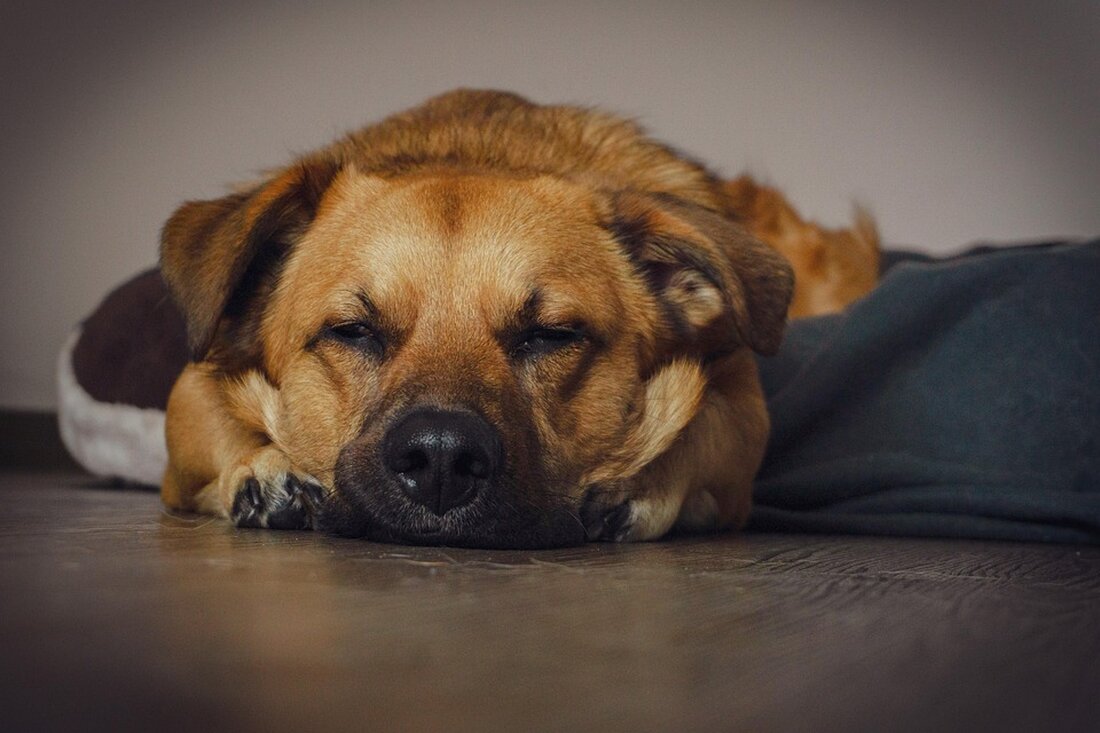Holiday time for dogs and cats: How to ensure the well-being of your pet!
Pet owners find out how to travel on vacation in a pet-friendly way. Important tips on what to take with you, care and regulations.

Holiday time for dogs and cats: How to ensure the well-being of your pet!
With the start of summer time, vacation planning becomes a priority for many pet owners. The German Animal Welfare Association offers useful information on how animals can be looked after during the travel period. Basically, it is important to deal with the specific needs and legal requirements at an early stage in order to ensure that your pets have a stress-free stay.
Dogs have the option of traveling in the car, provided the accommodation is pet-friendly. Cats, pet birds and small pets, however, should remain in their usual surroundings. In most cases, they need holiday care so as not to disrupt their usual everyday life. It is advisable to provide dogs with competent care, especially when traveling by plane or to hotter areas.
Important preparations for the trip
Before you go abroad, you should thoroughly research the entry requirements of the destination country. It is mandatory for dogs to hold an EU pet passport, provide proof of a valid rabies vaccination and ensure that they are microchipped. Depending on the travel destination, additional vaccinations and requirements may be necessary. It is therefore advisable to consult a veterinarian early for travel prophylaxis.
If the decision is made not to take the pet with you, it is important to organize qualified care. It is recommended that family members or friends be entrusted with care. Alternatively, pet sitters and animal boarding facilities are in high demand, especially during the holiday season. A timely search and assessment of pet boarding facilities based on reviews can be helpful. An introductory meeting with the animal boarding facility is also recommended in order to gain a positive impression of the accommodation and carers.
Entry requirements for animals from non-EU countries
Especially when traveling from non-EU countries, pets such as dogs, cats and ferrets must meet strict EU animal health regulations. A microchip has been mandatory since July 3, 2011. Accompanying documents, such as the EU pet passport for animals from the EU or an official veterinary certificate for animals from non-EU countries, are necessary. These documents must also contain the microchip number or tattoo and include vaccination records and, if applicable, the results of a rabies antibody test.
When traveling to non-EU countries that are considered to be at risk for rabies, antibody tests are required in an EU-approved laboratory before leaving the country. Blood collection for this test must take place at least 30 days after vaccination and at least 3 months before entering the EU. In addition, animals must be accompanied by a responsible person who has a written declaration that there is no intention to sell them.
It is important to note that if the requirements are not met, animals may either be returned with a fee or placed in quarantine. In serious cases, euthanasia may even occur. Special trading conditions also apply to pets imported into Germany if more than five animals are transported.
In order to have a stress-free trip and treat animals responsibly, you should first be comprehensively informed about the necessary regulations and possible care options. Further information is available from relevant veterinary authorities or local customs offices to ensure the trip is a positive experience for both owners and pets. For more details on this topic you can read the articles from rnz.de and Zoll.de be consulted.

 Suche
Suche
 Mein Konto
Mein Konto